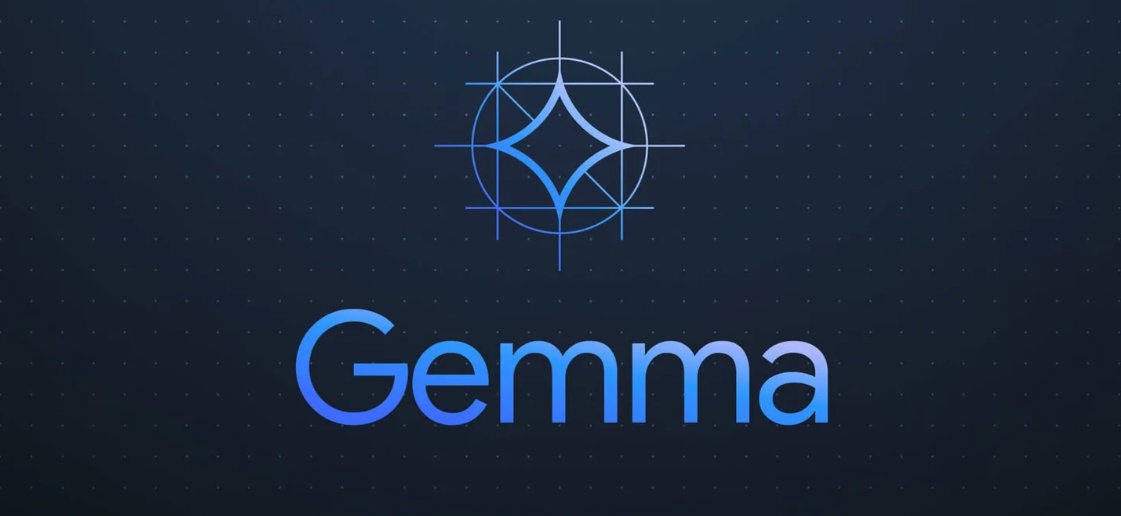Physical Address
W Sunrise St, Bisbee, Arizona 85603
Physical Address
W Sunrise St, Bisbee, Arizona 85603

Google announced on Thursday that it will temporarily suspend the image generation of people for its new version of a powerful artificial intelligence model, Gemini, after facing criticism and ridicule for producing inaccurate and inappropriate historical depictions.
Gemini is Google’s flagship suite of generative AI models, apps and services, launched at the end of 2023. It is designed to create realistic and diverse images, texts, videos, sounds and other forms of content from user inputs, such as text prompts, sketches, keywords or existing media.
Gemini is based on a deep neural network architecture that can learn from large amounts of data and generate novel outputs that are coherent, consistent and creative. Gemini can also adapt to different domains, styles and tasks, such as creating logos, cartoons, portraits, landscapes, poems, stories, songs, code and more.
Today, we’re entering the next chapter of our Gemini era by bringing our #GeminiAI models to more of our products, starting with Bard — which will now be called Gemini. https://t.co/KFRp1qkfHg pic.twitter.com/WKHZyv3Ejp
— Google (@Google) February 8, 2024
Gemini is available as a web-based platform, a mobile app and a subscription service that offers access to a more powerful version of the AI model. Gemini also integrates with other Google products and services, such as Gmail, YouTube, Photos, Drive, Docs and Assistant.
One of the features of Gemini is the ability to generate images of people from text prompts, such as names, descriptions, occupations or historical contexts. For example, a user can type “a famous painter” and Gemini will produce an image of a person who looks like a painter, along with some metadata, such as the name, nationality and style of the painter.
However, users on social media have been posting examples of images generated by Gemini that showed historical figures, such as the U.S. Founding Fathers, popes, kings and queens, in a variety of ethnicities and genders that did not match their actual identities. Some users called this inaccurate, misleading, disrespectful or even racist, while others mocked Google’s AI for being a “nonsensical DEI parody” (DEI standing for ‘Diversity, Equity and Inclusion’).
Google Gemini AI is something else pic.twitter.com/wOYBCjBJZV
— TaraBull (@TaraBull808) February 22, 2024
Google said in a post on X, its social media platform, that it was aware of the issues with Gemini’s image generation of people and that it was working to improve the historical accuracy of the outputs. Google also said that it would pause the image generation of people and re-release an improved version soon.
We're aware that Gemini is offering inaccuracies in some historical image generation depictions. Here's our statement. pic.twitter.com/RfYXSgRyfz
— Google Communications (@Google_Comms) February 21, 2024
Google has not provided a detailed explanation of why Gemini generated inaccurate historical images, but some possible factors are:
Google has not revealed its plans or timeline for improving Gemini’s image generation of people, but some possible steps are:
Gemini’s image generation of people has sparked a lot of debate and discussion among the public, the media, the experts and the regulators, as it raises various ethical, social, legal and technical issues and challenges, such as:
The following table summarizes some of the pros and cons of Gemini’s image generation of people, based on different perspectives and criteria:
| Perspective/Criteria | Pros | Cons |
|---|---|---|
| User | – Can create a wide range of people from user inputs – Can explore and express creativity and curiosity – Can have fun and entertainment | – May encounter inaccurate and inappropriate historical depictions – May be deceived or manipulated by AI-generated images – May infringe on the rights of others |
| – Can showcase and leverage its AI capabilities and innovations – Can attract and engage more users and customers – Can generate more data and revenue | – May face criticism and ridicule for producing inaccurate and inappropriate historical depictions – May be accused or sued for infringing on the rights of others – May have to comply with more regulations and standards | |
| Society | – Can benefit from the AI-generated images for various purposes and domains, such as education, art, entertainment, research, etc. – Can promote and celebrate the diversity and representation of people – Can foster and facilitate the dialogue and awareness of the ethical, social, legal and technical issues and challenges of AI-generated images | – May suffer from the negative impacts of the AI-generated images, such as deception, manipulation, fraud, identity theft, defamation, misinformation and disinformation – May experience the erosion and loss of the authenticity and verifiability of images – May encounter the conflicts and disputes over the ownership and rights of AI-generated images and the data involved |
Gemini’s image generation of people is a powerful and innovative tool that can create realistic and diverse images of people from user inputs, but it also has its limitations and drawbacks, as it may produce inaccurate and inappropriate historical depictions, as well as pose various ethical, social, legal and technical issues and challenges. Google has decided to pause the image generation of people and re-release an improved version soon, but it remains to be seen how Google will address and resolve the problems and concerns that Gemini’s image generation of people has raised.
I don’t think the title of your article matches the content lol. Just kidding, mainly because I had some doubts after reading the article.